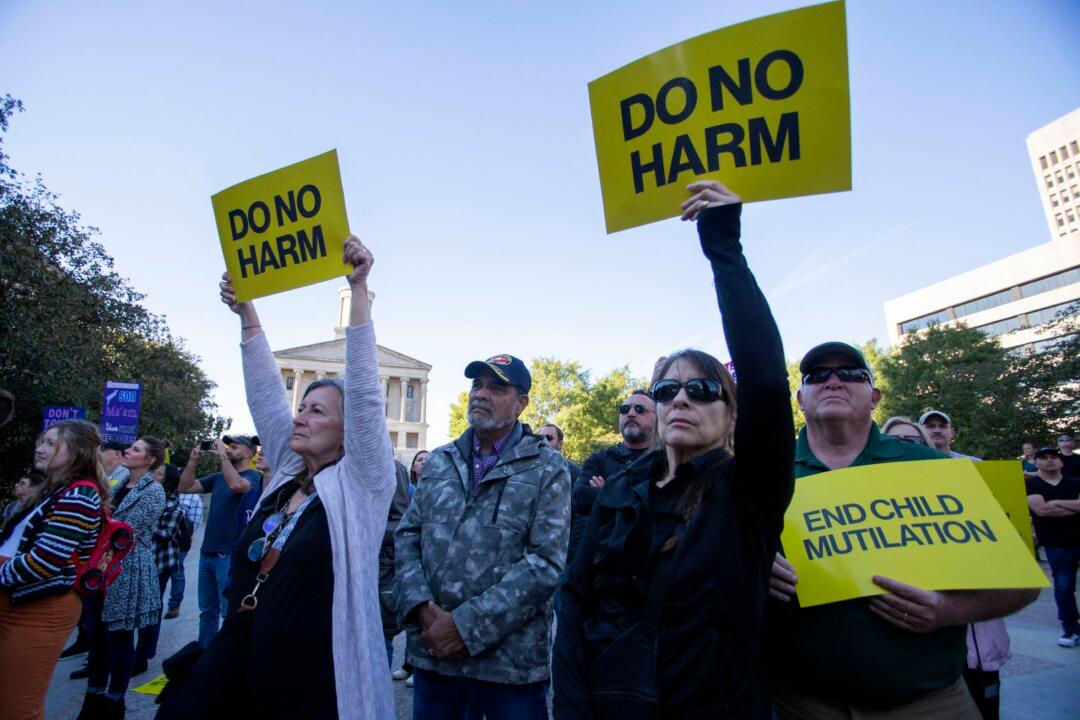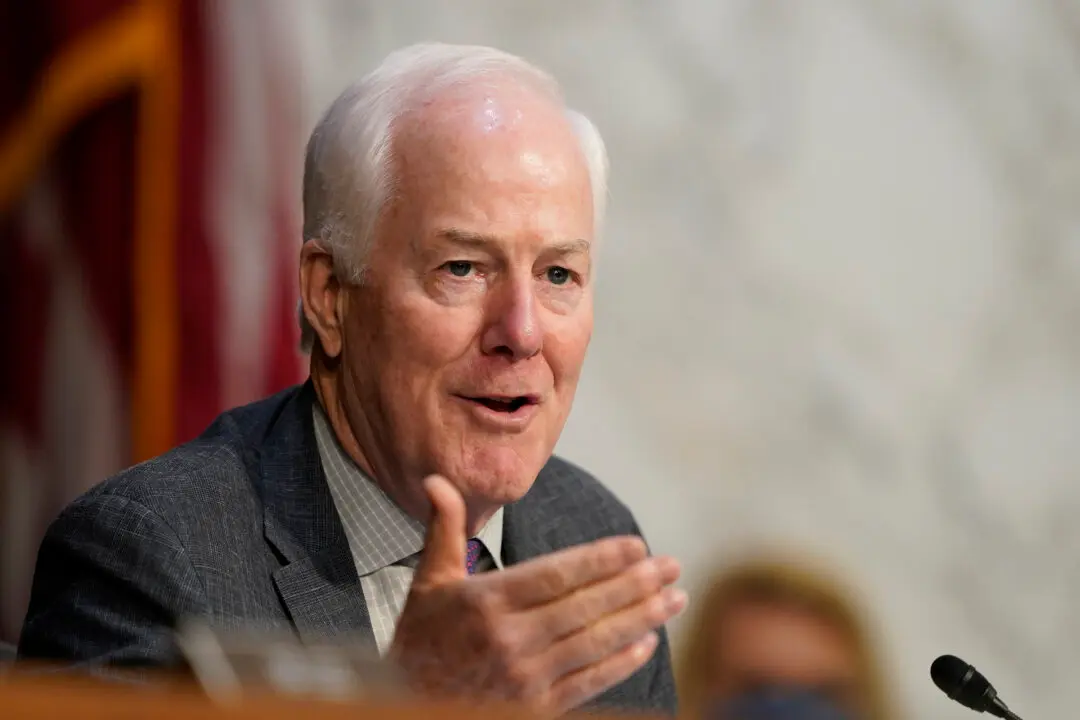LITTLE ROCK, Ark.–A federal judge declined on Oct. 21 to dismiss a lawsuit against Arkansas’s ban on gender-transition procedures for minors. As a result, the nation’s first such law will remain in legal limbo while a national debate over the procedures appears to be intensifying.
On Oct. 21, after three days of testimony from plaintiffs’ witnesses in U.S. District Court in Little Rock, lawyers representing the state of Arkansas asked District Judge James Moody Jr. to throw out a constitutional challenge to the Save Adolescents From Experimentation (SAFE) Act.Moody said an Aug. 25 decision from a federal appeals court gave him “marching instructions” that largely neutralized the state’s arguments against the suit filed by the American Civil Liberties Union (ACLU).





